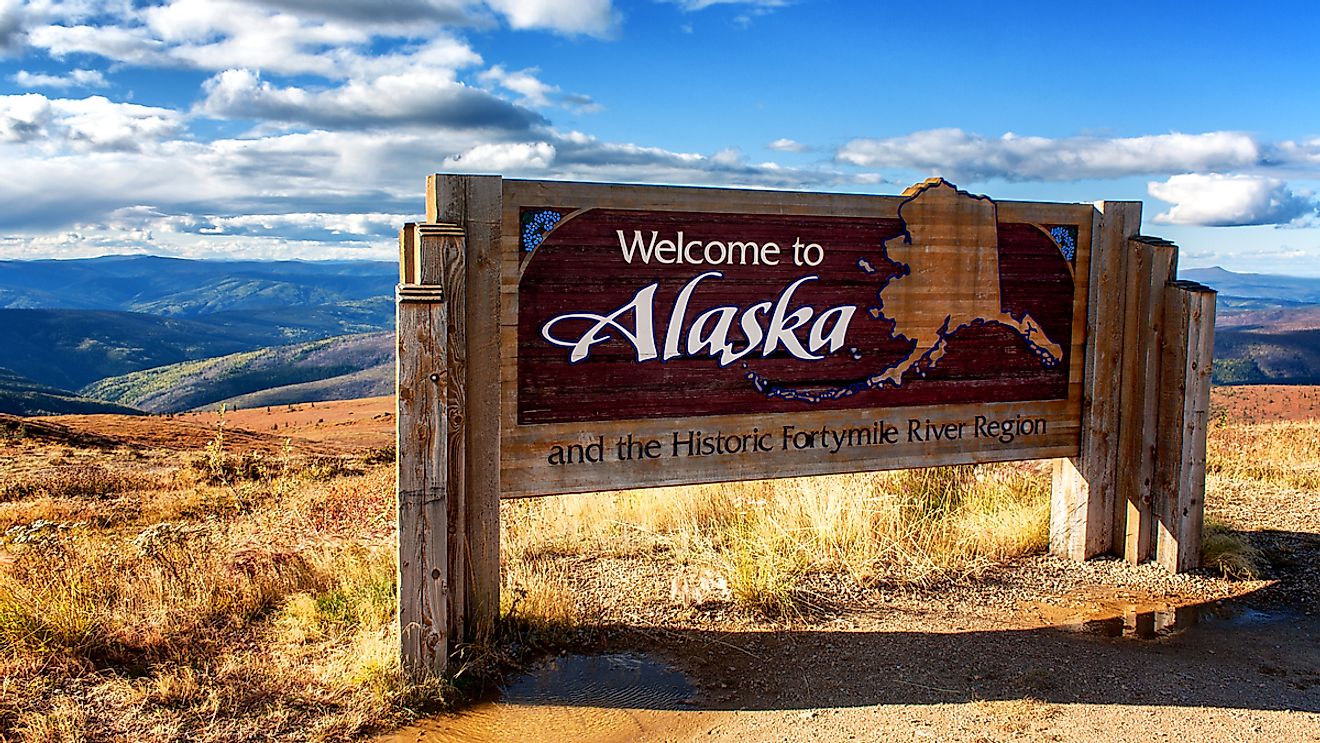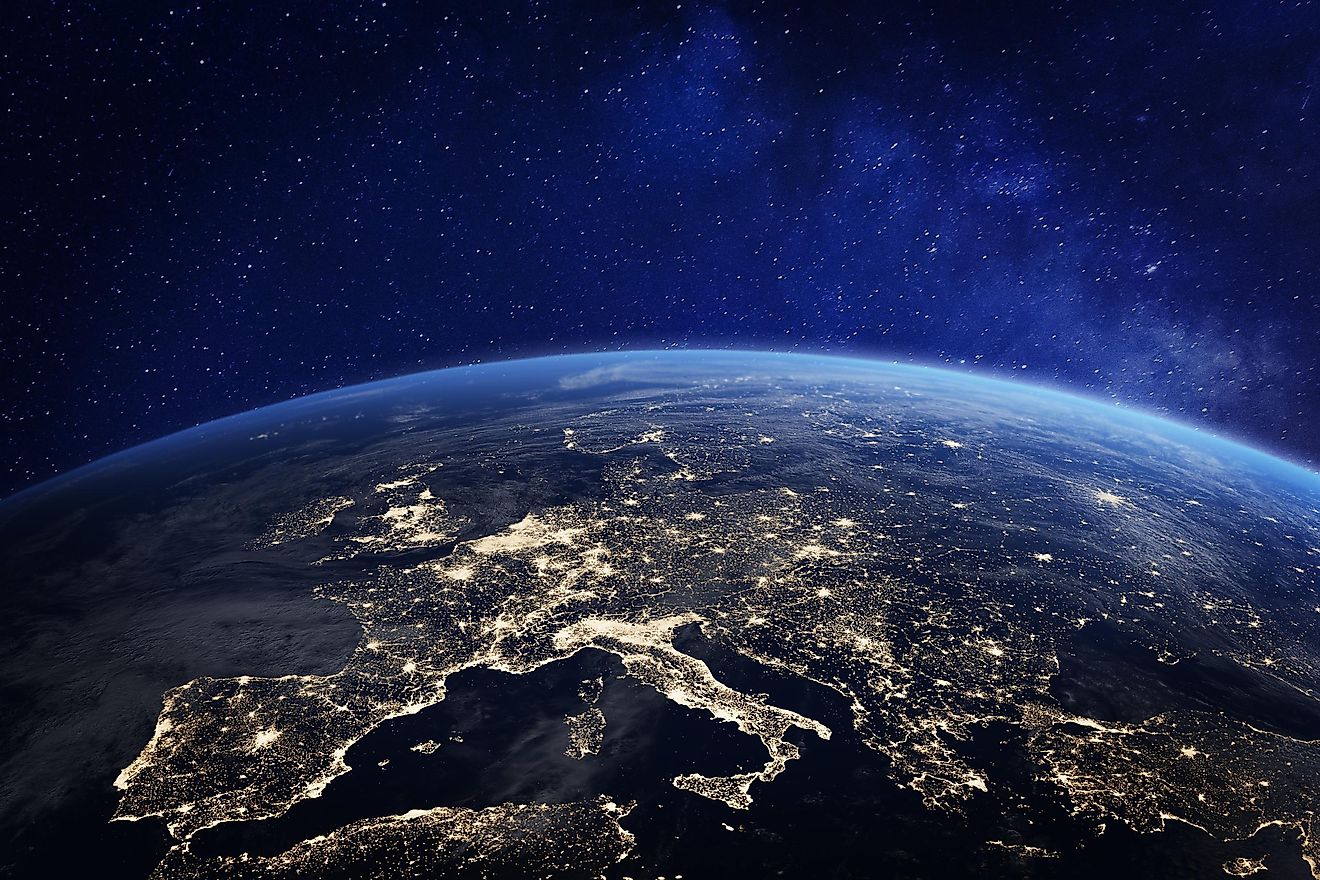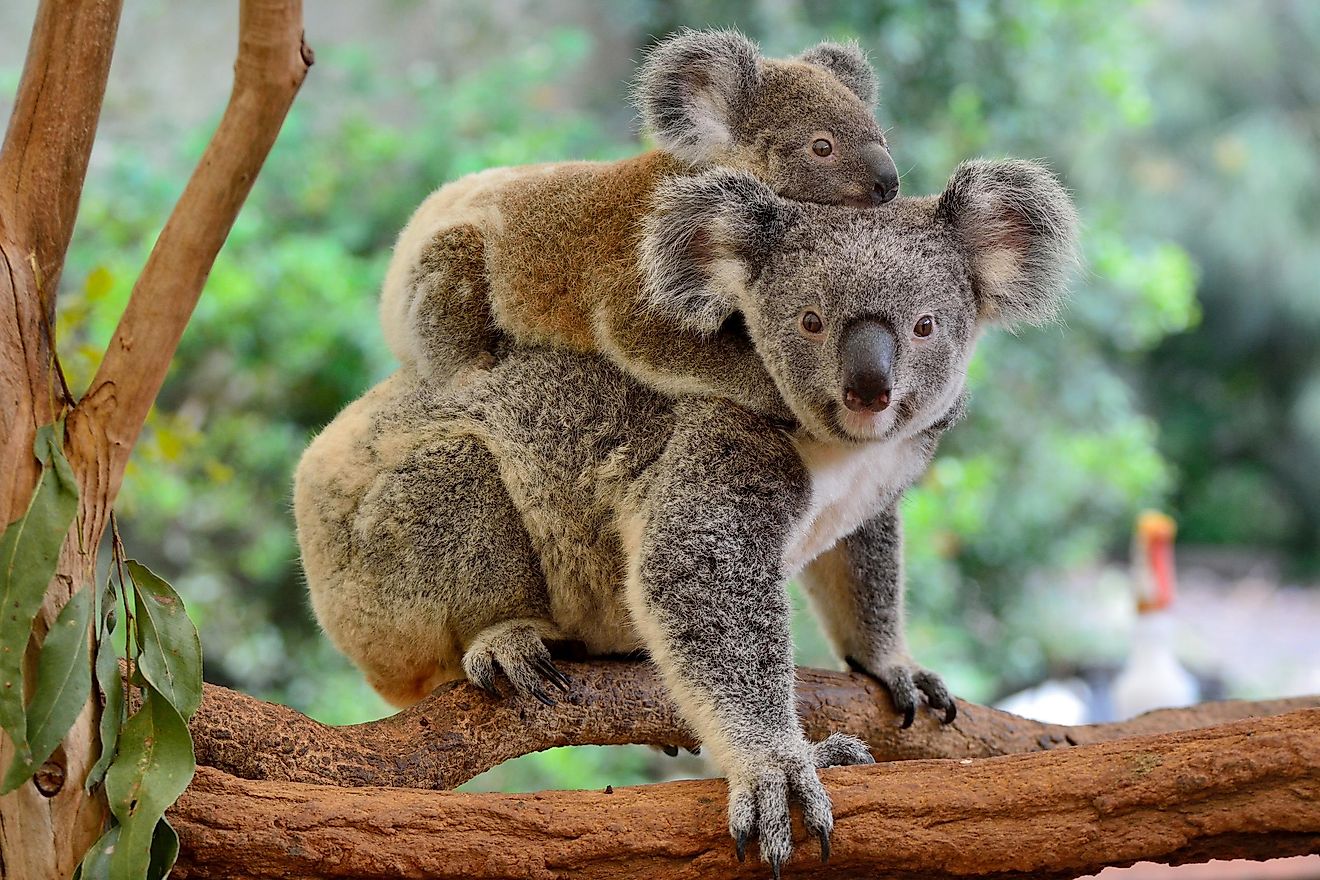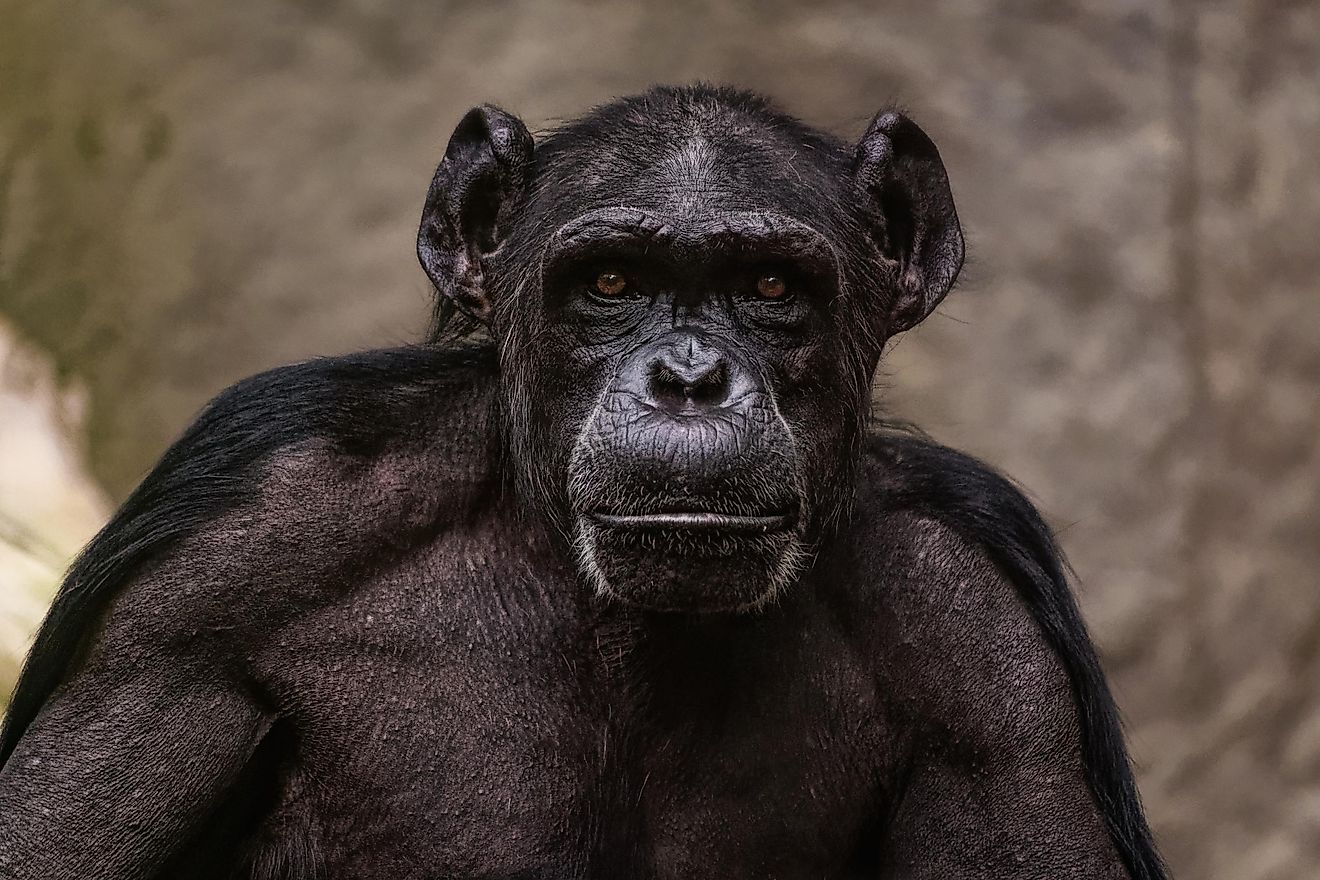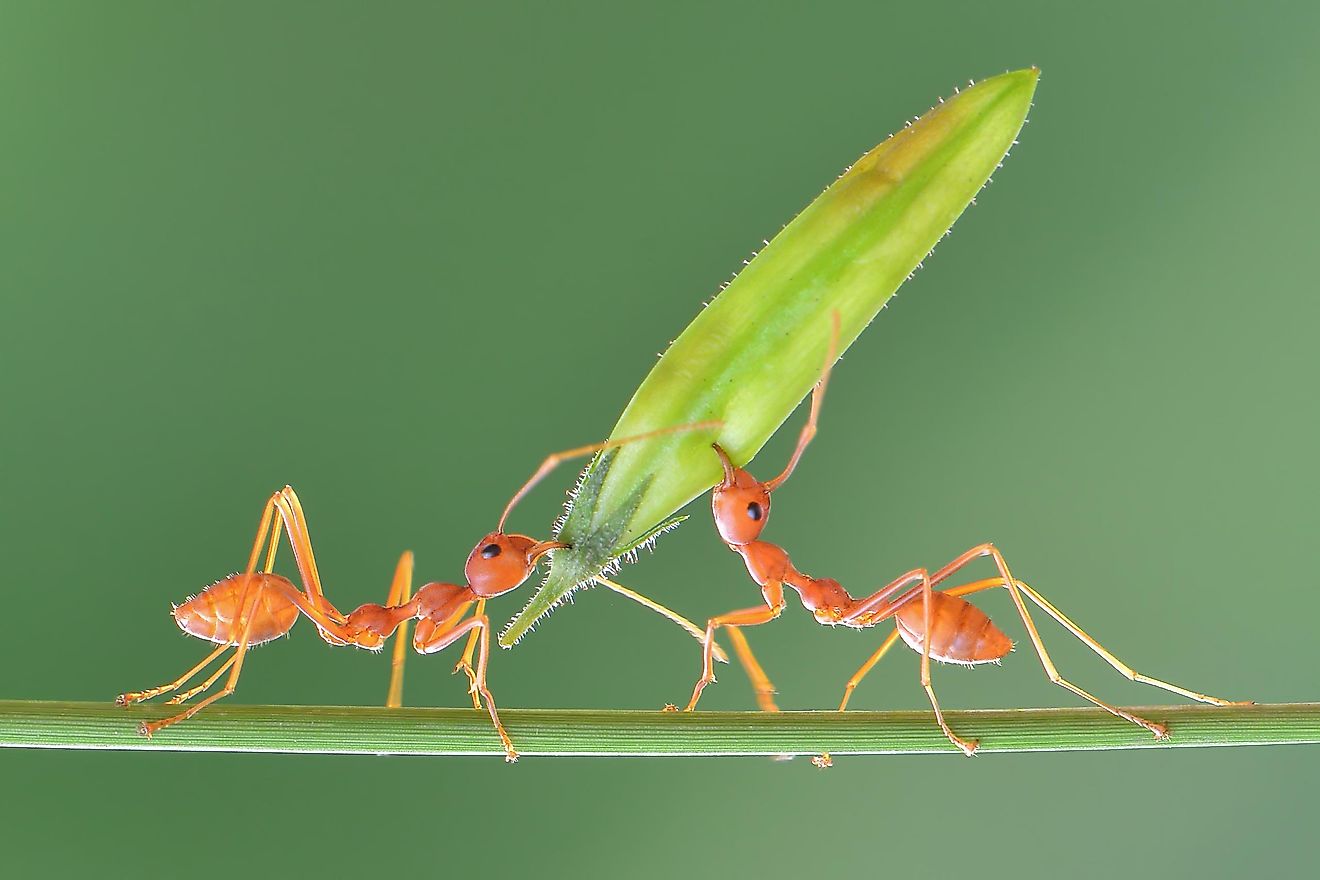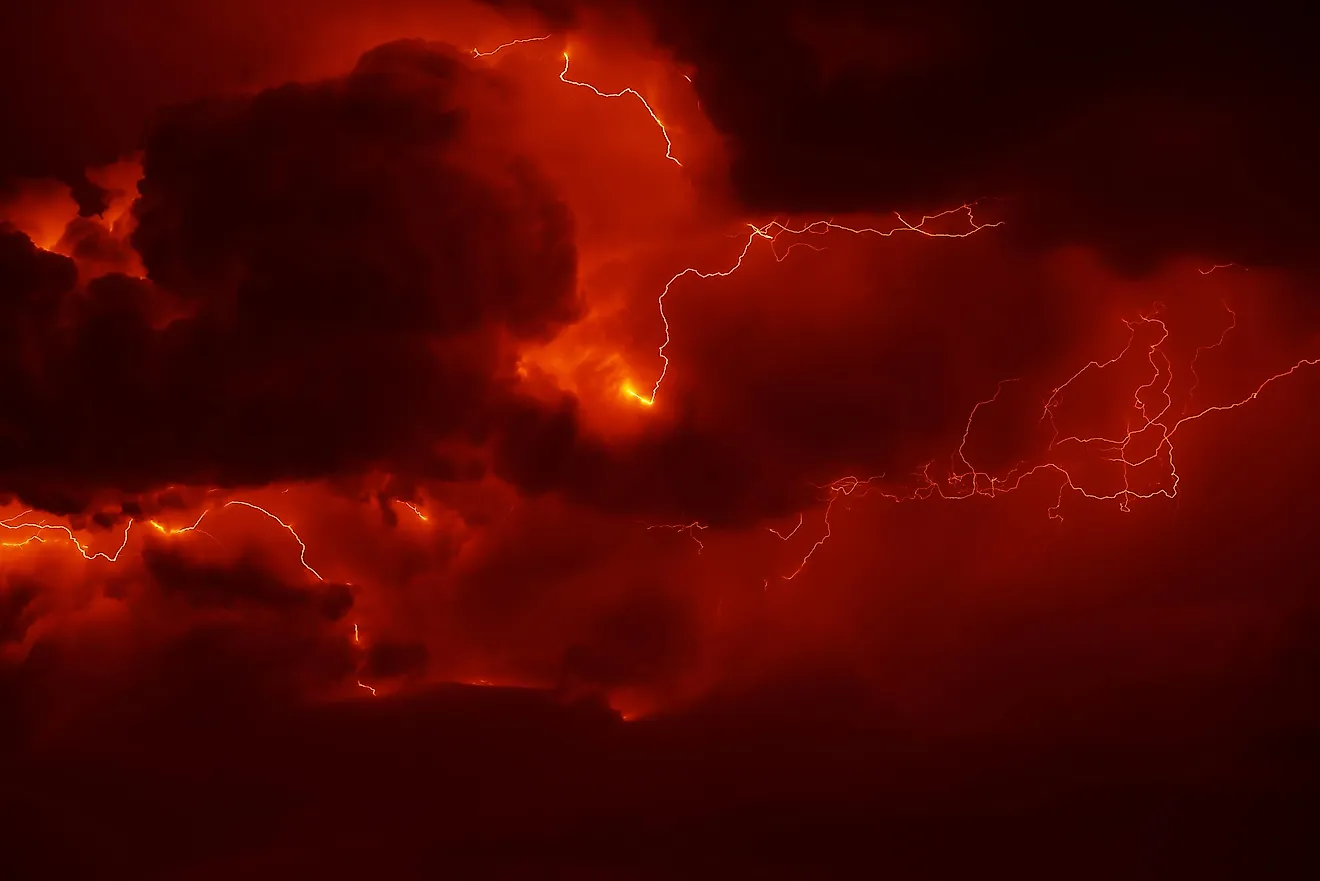5 Things You Should Know About: Asia
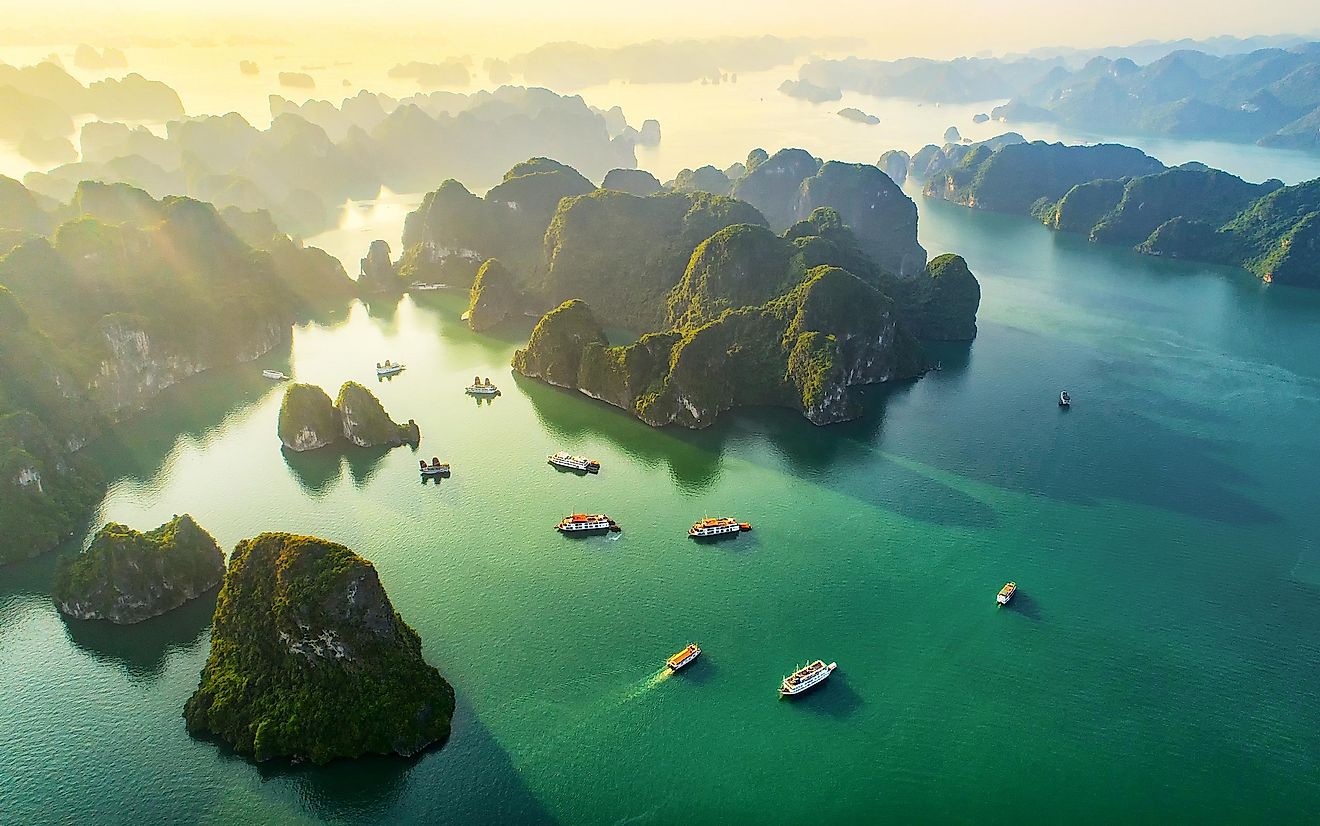
- Asia is home to approximately 60% of all the world's population.
- Seven of the world's top ten largest urban centers are located in Asia.
- Japan is home to over 60,000 citizens over the age of 100.
1. Origin of "Asia"
The origin of the name Asia continues to be a mystery. Many historians believe that the term predates the Greeks who were the first civilization to inhabit and propagate the continent. Linguistically Asia is a female term meaning sunrise. According to Greek myth, Asia was the name of the goddess who gave birth to Atlas, the Titan tasked with holding up the celestial spheres for all of eternity. Asa is also a Phoenician word for "east."
2. The Largest Continent...
Asia is the largest of the world's seven continents. It covers a total land area of about 17,212,000 square miles. This number is approximately 30% of the total surface area of the Earth. Interestingly, due to numerous factors such as culture, politics, and geography, many experts can't agree on the exact perimeters of the Asian continent. This is particularly true when it comes to the west of Asia: it is geographically connected to Europe, leading to this area has becoming known as Eurasia.
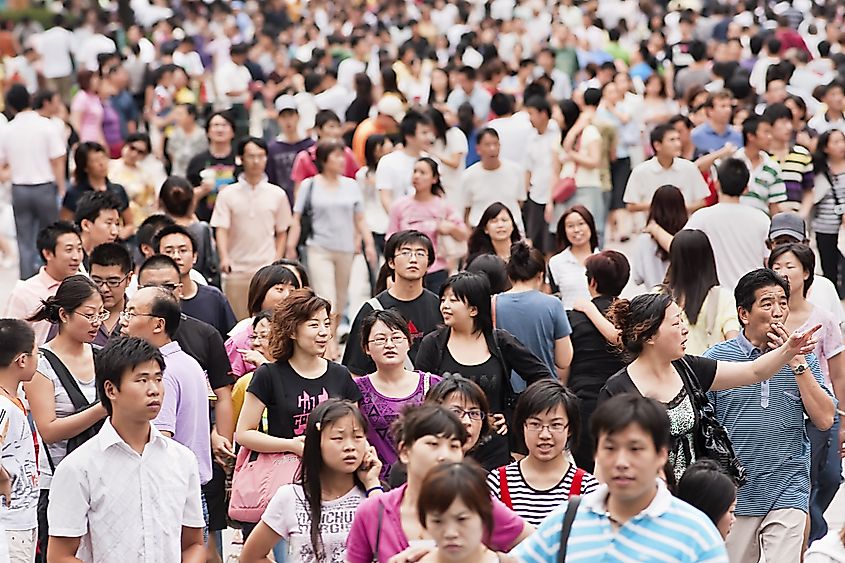
3. ...And the Most Populous
Asia is home to the largest percentage of people. Estimates put the latest population count at an astonishing 4,646,801,000 human beings. This translates to about 60% of all human beings currently living on the planet. Not surprisingly, Asia's population density is the highest of all the continents with 387 citizens per square mile. Three of the most populous nations in the world can be found in Asia: China (1,440,123,000), India (1,381,893,600) and Indonesia (273,919,000).
The continent is also home to seven of the largest cities on the globe including Shanghai, Beijing, and Guangzhou, China; Delhi and Mumbai, India; and Karachi, Pakistan.
4. Longest-Living Citizens
The Asian country of Japan is home to the second-longest living residents in the entire world. The only nation whose residents live longer reside in Monaco. The median age of Japanese residents is 48 years while the country is home to over 60,000 citizens over a hundred years of age. The life expectancy of Japanese residents is approximately 80.9 years for men and 86.6 years for women. In keeping with this statistic, it is interesting to note that citizens living in some Asian countries have longer life expectancies than those who reside in the US, where life expectancy is about 76.4 years for males. Other Asian countries where citizens are statistically likely to outlive Americans include South Korea, Taiwan, Hong Kong, and Singapore.
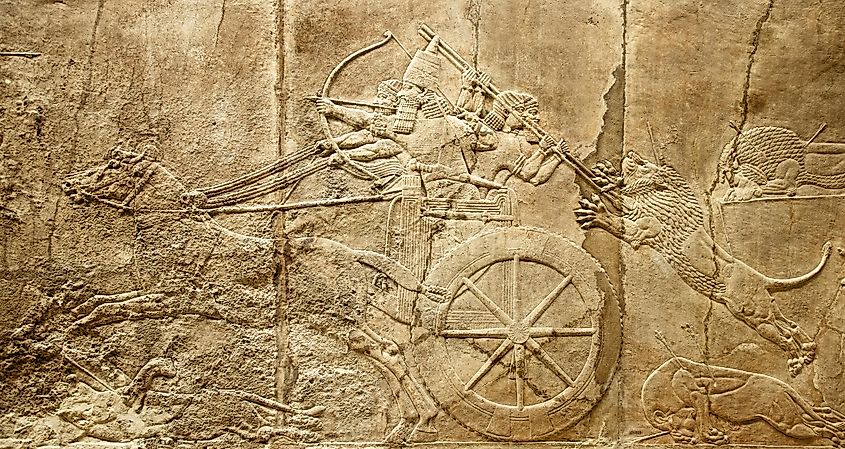
5. The Oldest Civilizations
In today's busy global community it's easy to forget that Asia was the birthplace of some of the world's oldest civilizations. These include the oldest known civilization: the Sumers, who lived in Mesopotamia (the present-day southern portion of Iraq) dating back some 6,000 years. Other such ancient communities include India's Indus Valley Civilization. Most historians, archeologists, and scholars all agree that the world's very first human civilization was formed in what has been referred to as the "cradle of civilization" in Asia's Tigris Euphrates region which is presently home to the modern countries of Iran, Iraq, Kuwait, and portions of Syria.
With such an expansive space and massive population, Asia is the most diverse region in the world. Brimming with history, breathtaking sights, and cultures deeply rooted in tradition and spirituality, there is so much to see, learn and discover about Asia.


